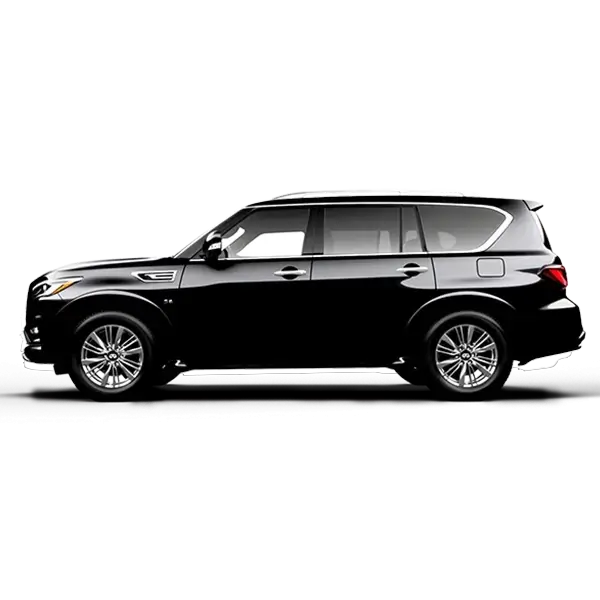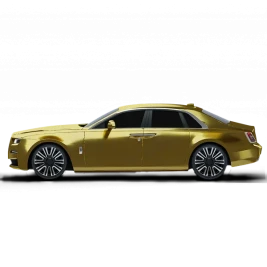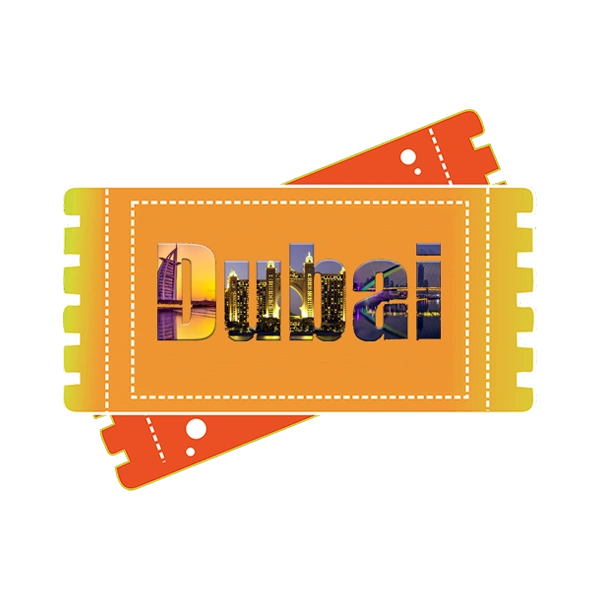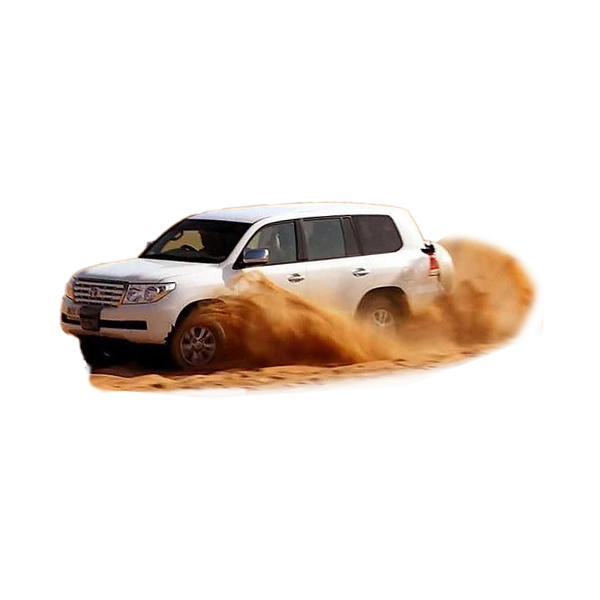Dubai Tailgating Fine: Penalties & How to Report
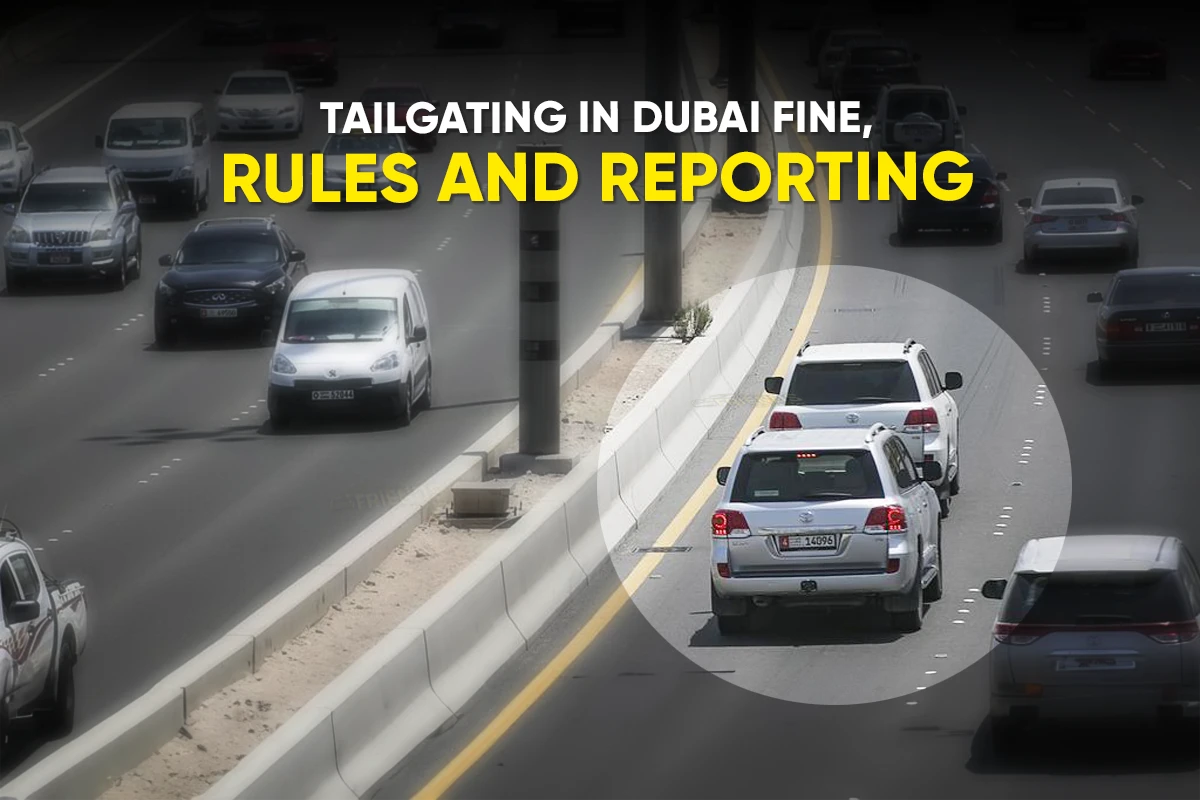
Tailgating in Dubai—the Emirate with fast-paced automotive, is more than just a rude habit; it's a serious traffic violation and a leading cause of accidents. According to recent data from the UAE Ministry of Interior, failing to maintain a safe distance is a significant percentage of all road fatalities and injuries. It's one of the most dangerous driving behaviours in the country.
This guide will go beyond the basics to explain what tailgating is, why it's so dangerous, and, most importantly. You will learn how you can protect yourself and stay compliant with the law. We'll break down the official fines and penalties, the physics behind a safe following distance, and the exact steps you can take to handle and report a tailgater to the authorities. Let's dive in.
What is Tailgating? A Look at the Technical Aspects
Tailgating is the act of following a vehicle so closely that there is insufficient distance to stop safely if the car in front suddenly brakes. While it may seem like a simple concept, the physics behind it reveals why it is so dangerous.
A vehicle’s total stopping distance is not just about the brakes; it's a combination of two critical factors:
Reaction Distance
This is the distance your vehicle travels from the moment your brain perceives a hazard until your foot hits the brake pedal. For an average alert driver, this takes about 1.5 seconds.
Braking Distance
This is the distance your vehicle travels after the brakes are applied until it comes to a complete stop. This distance is heavily influenced by speed—doubling your speed quadruples your braking distance.
When a driver tailgates, they eliminate the most crucial element of this equation: the reaction distance. They are operating in a space where they have no time to think or react, leaving the entire stopping process up to physics, which will inevitably fail them at high speeds.
This is why the two-second rule is the golden rule of road safety. It's a simple, time-based method that accounts for both your reaction time and your vehicle's braking distance. In fact, Dubai's Roads and Transport Authority (RTA) officially recommends this rule as a guideline for maintaining a safe following distance, emphasizing its importance on local roads.
Official Penalties: The Cost of Following Too Closely
In Dubai, the legal consequences for tailgating are clearly defined and strictly enforced. The penalties are designed to serve as a strong deterrent, reinforcing the importance of maintaining a safe following distance for the safety of everyone on the road.
The Standard Tailgating Fine
The most common penalty for tailgating in Dubai is a fine of AED 400. This is a direct financial penalty aimed at discouraging the behaviour.
Black Points and Vehicle Impoundment
In addition to the fine, every instance of tailgating will add 4 black points to your driving license. Accumulating too many black points can lead to a license suspension. In cases of reckless or dangerous tailgating, the Dubai Police also have the authority to impound your vehicle for up to 30 days.
The cost of retrieving a vehicle from impound yards can be an expensive and rigorous process. Learn about impounded vehicle retrieval here: Car Towed in Dubai.
Advanced Enforcement
It is essential to note that these fines are not only issued manually by the traffic police. Dubai Police utilize a network of advanced AI-powered radars and surveillance systems that automatically detect and issue fines to tailgating vehicles on major roads and highways, ensuring continuous enforcement.
The Safe Distance Rule: The Law vs. Practicality
While the technical aspects of braking distance are a universal truth, the practical application on Dubai's roads comes down to one simple, time-based rule: the two-second rule. It is an official guideline recommended by the Roads and Transport Authority (RTA) to ensure drivers have sufficient space to react and stop safely.
The Two-Second Rule: The Official Guideline
To follow the two-second rule, simply:
Pick a fixed object on the road ahead, such as a road sign, bridge, or lamp post.
As the vehicle in front of you passes that object, begin counting: One-thousand-one, one-thousand-two.
If your vehicle reaches the same object before you finish counting, you are following too closely.
Beyond the Law: Adapting to Practicality
The two-second rule is a minimum standard. In reality, a safe distance is a fluid concept that changes with conditions.
In Bad Weather
During rain or fog, visibility and road grip are severely compromised. You must increase your following distance to a minimum of four seconds to account for longer braking distances on wet or slippery surfaces.
At High Speeds
The faster you go, the greater your stopping distance. On high-speed highways, leaving more than a two-second gap is a critical safety measure, especially when driving behind heavy vehicles.
The Gap-Filler Challenge
A common frustration for drivers in Dubai is when a car merges into the space you've created for yourself. The best strategy is to remain calm, ease off the accelerator, and re-establish your safe gap. Patience is a crucial part of road safety.
How to Handle a Tailgater: A Proactive Guide
When you see a vehicle dangerously close to your rear bumper, your first instinct might be to react with frustration. However, engaging with an aggressive driver is a major safety risk. The best approach is to be proactive and de-escalate the situation calmly and safely.
Here is a guide on what to do when you're being tailgated:
Do Not Engage: Avoid all forms of communication with the other driver. This includes making eye contact, honking your horn, or making hand gestures. Your goal is not to provoke them further.
Create More Space: The safest strategy is to create a larger gap in front of your own vehicle. This gives you more room to brake gradually if you need to, reducing the risk of a sudden stop that could cause a rear-end collision.
Move Over Safely: On multi-lane roads, when it is safe to do so, move into the right-hand lane to allow the tailgater to pass. Even if you are already at or above the speed limit, giving way is the safest and most courteous option.
Maintain a Steady Speed: Avoid the urge to brake-check or suddenly speed up and slow down. Maintain a constant speed to give the driver behind you a clear expectation of your movement. If you need to slow down, do so gradually.
Stay Calm: Take a deep breath and remind yourself that your safety is the top priority. The other driver's impatience is not your problem, and your best response is to remain calm and focused.
How to Report a Tailgater to Dubai Police
Beyond the immediate action you can take to handle a tailgater, Dubai Police provides official, non-emergency channels for you to report reckless driving. By reporting a violation, you are actively participating in the We Are All Police initiative, which aims to enhance public safety by empowering residents to be part of law enforcement.
Official Reporting Channels
You have two primary options for safely and effectively reporting a traffic violation, like tailgating:
Dubai Police App
This is the most recommended and efficient method. The app has a dedicated section for reporting traffic violations. You will be asked to provide the vehicle's details (license plate number), the location of the incident, and a brief description of the offence. You can also upload a video or photo if a passenger safely captured it.
Non-Emergency Helpline (901)
The other tailgating reporting channel in Dubai is calling the Dubai Police non-emergency number: 901. This line is specifically for non-urgent inquiries and reporting. You can provide the same details to the operator, who will log the complaint.
What You Need to Report
To ensure your report is effective, be prepared to provide the following details:
The plate number of the offending vehicle.
The make and model of the car (if you can safely identify it).
The exact location and time of the incident.
A concise and factual description of the violation (e.g., tailgating on Sheikh Zayed Road).
You can report the incident anonymously, and your identity will remain confidential. For such incidents, having a dashboard and rear cams can be extremely helpful. This will help you gather evidence. Nonetheless, Dubai’s advanced traffic management systems can track incidents almost perfectly, so there is a high chance of justice.
FAQs
How does Dubai Police detect tailgating?
Dubai Police use a network of advanced AI-powered radars and smart patrols to automatically detect and fine-tailgating vehicles. These systems are strategically deployed on major roads and highways and can identify violations by analyzing the distance between vehicles in real-time.
Does the tailgating fine apply to all roads in Dubai?
Yes, the fine for failing to maintain a safe distance applies to all roads across Dubai, from busy city streets to high-speed highways.
Is it illegal to flash my headlights at a slow driver?
Flashing headlights is not always illegal. Sometimes flashing headlights are used as a signal for a driver to move over. However, Dubai Police strongly discourage its aggressive use. Excessive or continuous flashing is considered rude and can be a component of reckless driving, which can result in a fine of AED 2,000, 23 black points, and a 60-day vehicle impoundment.
Can I contest a tailgating fine?
Yes, you have the right to contest a traffic fine if you believe it was issued incorrectly. You can file a dispute through the official Dubai Police website, app, or by visiting a traffic department headquarters in person. You must provide a valid reason and evidence (if available) to support your claim.
Final Thoughts
Navigating Dubai's roads demands more than just a driver's license; it requires a commitment to responsible, patient, and proactive driving. You must thoroughly understand the traffic laws, including the rules against tailgating. Tailgating in Dubai is a serious offence and carries significant fines. It is a dangerous habit. But by understanding the science behind safe distances, the clear legal consequences, and the simple actions you can take, you become a part of the solution.
Don’t hesitate to take action and report such activities, and contribute to Dubai's safe driving environment. Call 901 or use the Dubai Police App to report tailgating in Dubai. A small effort can go a very long way.
Written by: FriendsCarRental
Published at: Fri, Oct 31, 2025 11:44 AM
Leave a Reply
Your email address will not be published. Required fields are marked *
Car Rental in Dubai
AED 2500
DAY
AED 0
MONTH
-
 SUV
SUV -
 4 Doors
4 Doors -
 5 Seats
5 Seats
- 1 Day Rental Available
- Deposit: Not Required
- Insurance Included
AED 5500
DAY
AED 0
MONTH
-
 Sports
Sports -
 2 Doors
2 Doors -
 2 Seats
2 Seats
- 1 Day Rental Available
- Deposit: Not Required
- Insurance Included
AED 1200
DAY
AED 0
MONTH
-
 SUV
SUV -
 4 Doors
4 Doors -
 5 Seats
5 Seats
- 1 Day Rental Available
- Deposit: Not Required
- Insurance Included
AED 1600
DAY
AED 0
MONTH
-
 SUV
SUV -
 4 Doors
4 Doors -
 5 Seats
5 Seats
- 1 Day Rental Available
- Deposit: Not Required
- Insurance Included
AED 1500
DAY
AED 28500
MONTH
-
 SUV
SUV -
 4 Doors
4 Doors -
 5 Seats
5 Seats
- 1 Day Rental Available
- Deposit: Not Required
- Insurance Included

 عربي
عربي
 English
English
 Français
Français
 Русский
Русский
 中国人
中国人
 Nederlands
Nederlands
 Española
Española
 Türkçe
Türkçe
 Italiana
Italiana







